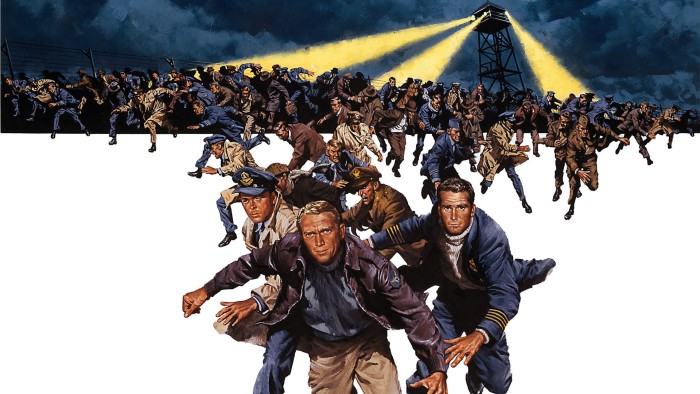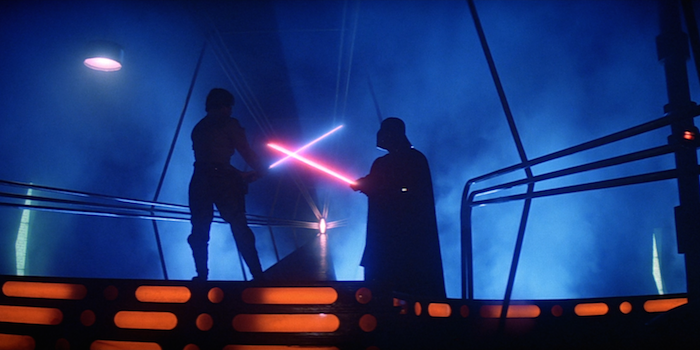How 'The Empire Strikes Back' And 'The Great Escape' Influenced 'War For The Planet Of The Apes'
The Bridge on the River Kwai, The Outlaw Josey Wales, Ben-Hur, and Apocalypse Now - these are a few of the classic films that inspired War for the Planet of the Apes. The battle of wills from David Lean's classic and The Thin Red Line's "darker, more nuanced reflection of human nature" were key influences for filmmaker Matt Reeves. Before Reeves' sequel, which our own Ethan Anderson called "one of the most significant blockbusters of the decade," hits theaters this week, he's revealed a couple more influences, including Star Wars: The Empire Strikes Back, The Great Escape, and Paths of Glory.
Below, learn more about the War for the Planet of the Apes influences.
War for the Planet of the Apes Influences
Reeves recently discussed a few pivotal titles with Fandango, including Ran, Bedtime for Bonzo, and some Clint Eastwood films. A few of the movies Reeves mentions even influenced his last Apes film, Dawn of the Planet of the Apes. During the making of that sequel, he was inspired by John Ford's work, Unforgiven, and a big reference point for War for the Planet of the Apes, Apocalypse Now.
One of the many other war films Reeves and co-writer Mark Bomback looked to was The Great Escape, as Reeves explained to Fandango:
It's interesting, when [co-writer] Mark [Bomback] and I sat down, we watched pretty much a movie a day in the beginning, just to be inspired and just to think, and we were looking at a lot of war films. And we knew that at a certain point the apes were gonna become captive, and we looked at a movie, a Robert Bresson movie called A Man Escaped, and we looked at The Great Escape.
There's some kind of excitement to seeing how a band of apes who come together as a family in a way that, you know, you so root for those soldiers in The Great Escape. They pull together in this way to get through this adversity, and at the end of the day, what we care about is the emotional connection that the apes have together, they're like a family.
Wanting to make Caesar and the world of Planet of the Apes more mythic, Reeves sought inspiration from The Empire Strikes Back:
For me, I was very excited about this idea about the mythology of the Force and what it meant, and I thought, "Wow, there's something really powerful about what that represents in these stories, how it's this representation of dark and light," and for me, it was like a light bulb.
[Cowriter] Mark [Bomback] and I started talking about it, that actually we'd had that all along because our Force was this question of human nature, this idea of looking at us grappling with the different aspects of our nature... you know the animal and the rational. That sort of war within us, and without it being outwardly stated, for me, it was very much what the movie was about. We wanted to take Caesar and push him to a place where he was going to be grappling with his empathy for the first time in any of these films, and that it was going to become this sort of epic, mythic emotional journey rooted in this kind of philosophy and this idea that, to me, connected to Star Wars.
The first Star Wars appeared to influence Reeves on the previous film, too. When he was a kid, the filmmaker at one point watched the movie every day and memorized every line. He told Esquire what he loved about George Lucas' story was: "This fantasy of somehow becoming a hero and engaging in that world and the confrontation of light versus dark and the questions of spirituality, yet all set against this big adventure." Based on most of the early reviews for War for the Planet of the Apes, he tells a similar story on a grand scale as well.
War for the Planet of the Apes opens in theaters July 14.


